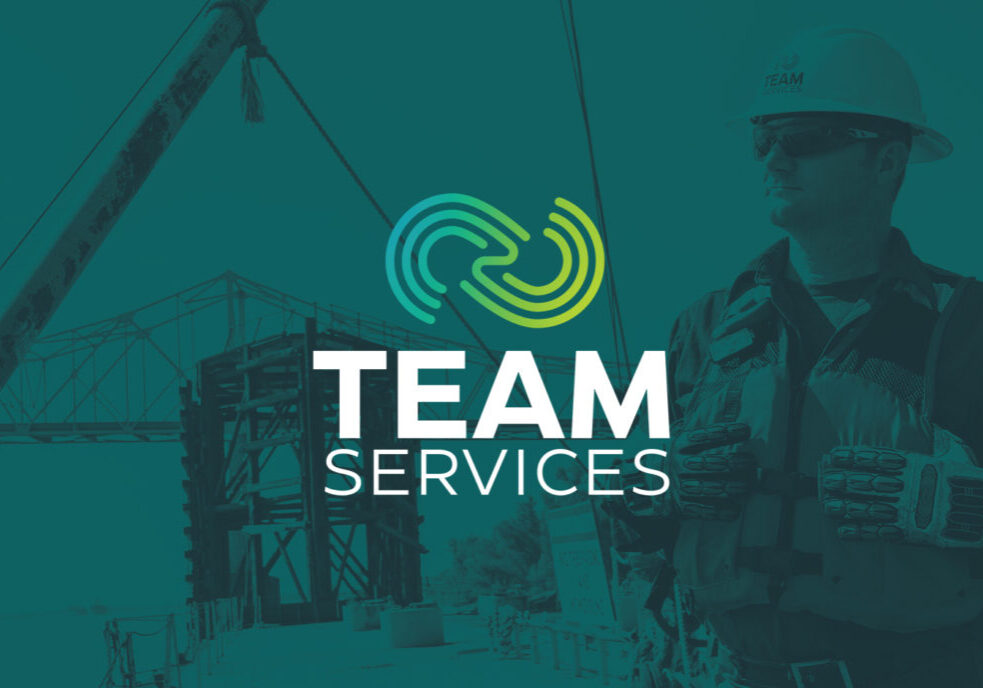Tankermen are a vital cog in the maritime and logistics sectors, and play a crucial role in the safe and efficient transportation of liquid cargoes. The tankerman industry encompasses a wide range of services from blue water and brown water operations to the management of complex LNG facilities and tank farms.
Blue vs. Brown Water
The tankerman industry operates across two primary domains: blue water and brown water. Blue water operations involve open ocean transport and typically use large tankers to move crude oil, refined products, and LNG over long distances. Brown water operations on the other hand, focus on inland and coastal waters and utilize barges and smaller vessels to transport similar cargoes over shorter distances. Both domains require a high level of expertise in marine services to ensure the safe and efficient handling of hazardous materials.
The Role of a Tankerman
A tankerman is responsible for the safe transfer of liquid cargo between vessels, storage tanks, and shore facilities. This role requires extensive training and certification, as tankermen must be knowledgeable about the properties of various cargoes, including LNG and diesel marine fuels. Tankermen must also be adept at using specialized equipment and adhering to stringent safety protocols to prevent spills and other incidents.
Facilities Management and Logistics
Effective facilities management is key to successful tankerman operations. The oversight of tank farms where large quantities of liquid cargo are stored, as well as warehouse facilities and warehouse management systems (WMS) ensure the organized and efficient storage and retrieval of goods. Facility management companies play a crucial role in maintaining the infrastructure and equipment needed for these operations, providing facility services that range from routine maintenance to emergency repairs.
In addition to managing physical infrastructure, successful operations also incorporate advanced warehouse management systems. A WMS is essential for optimizing warehouse operations, improving inventory accuracy, and enhancing overall efficiency. These systems help coordinate the flow of goods, manage stock levels, and streamline the processes involved in loading and unloading cargo.
Midstream and Marine Logistics
Midstream operations are another critical aspect of the tankerman industry. These include the transportation, storage, and wholesale marketing of crude or refined petroleum products. Effective midstream logistics require seamless coordination between various modes of transport, including marine, rail, and truck services. Rail services and rail switching are particularly important for moving large volumes of liquid cargo efficiently and safely overland to and from tank farms and other storage facilities.
Marine logistics also play a pivotal role and encompass everything from vessel scheduling and route planning to the coordination of marine fuel supplies. Diesel marine fuel, a common type of marine fuel, is critical for powering vessels engaged in both blue water and brown water operations. Ensuring a reliable supply of high-quality marine fuel is essential for maintaining the operational readiness of the fleet.
Conclusion
The tankerman industry is a complex and dynamic field that requires a proactive and well-organized approach to manage the myriad of tasks involved. From blue water and brown water operations to the intricacies of LNG handling and midstream logistics, every aspect must be meticulously planned and executed. By focusing on skilled personnel, advanced technology, robust infrastructure, and comprehensive safety measures, Team Services ensures successful and efficient tankerman operations. In doing so, we not only meet the demands of the present but also pave the way for future growth and innovation in this critical industry.


